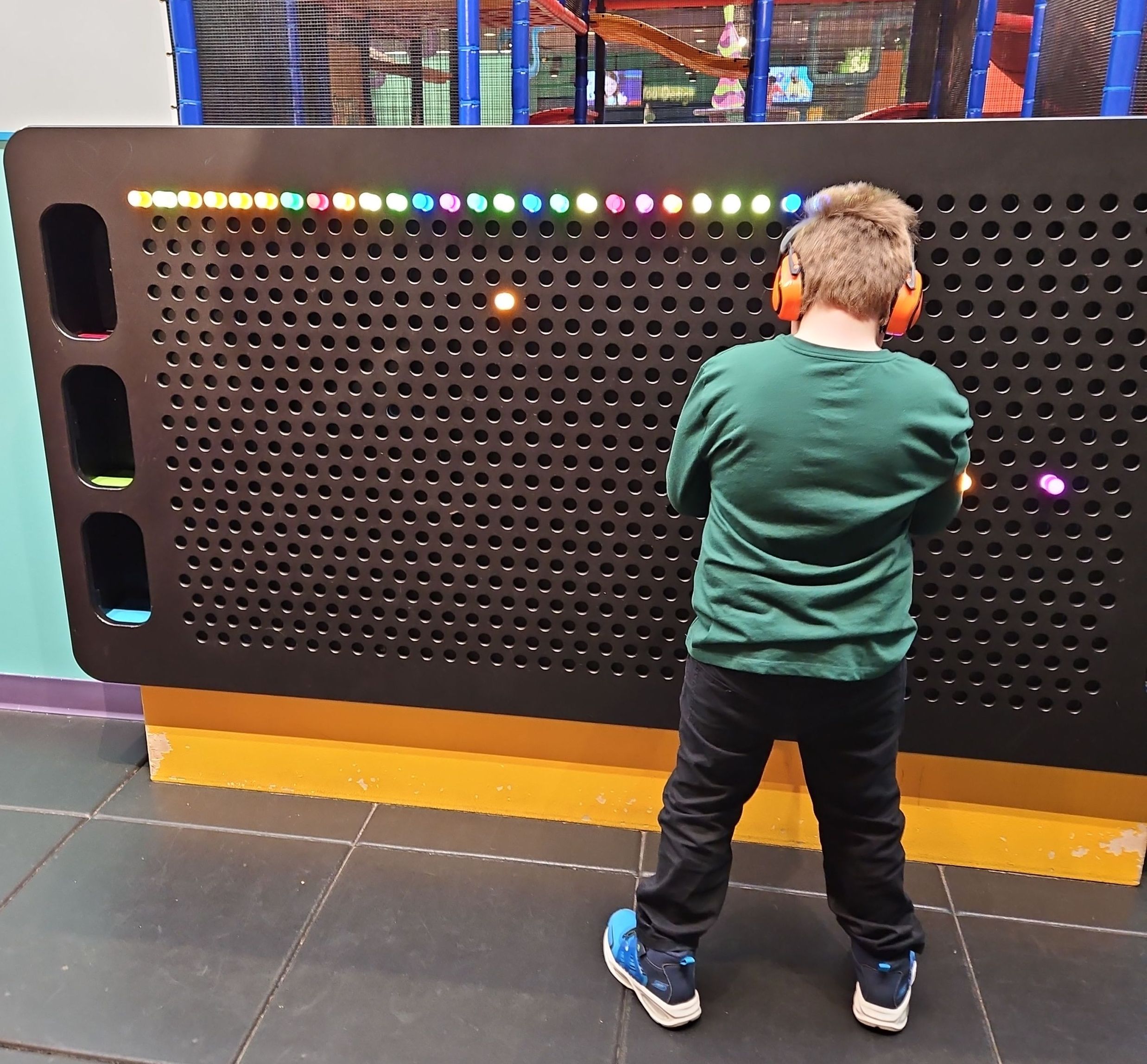
Applied Behavior Analysis (ABA) is a scientific approach to understanding behavior and how it is affected by the environment. ABA uses evidence-based techniques to improve socially significant behaviors through positive reinforcement.
How We Implement ABA
Our trained therapists conduct thorough assessments to identify the specific needs and goals of each individual.
____________________
Personalized intervention plans are then developed, focusing on skills such as communication, social interaction, and daily living activities.
____________________
Regular progress monitoring ensures that interventions are effective and adjustments are made as needed to benefit your child's progress.
How ABA Can Improve Lives

Applied Behavior Analysis offers numerous benefits for children with autism, helping them develop essential skills and improve their quality of life. Some key benefits include:
Enhanced Social and Communication Skills
ABA techniques help children learn to communicate effectively and interact socially.
Improved Learning and Independence
Through ABA, children acquire adaptive behaviors and skills that promote independence.
Reduction of Challenging Behaviors
ABA focuses on teaching alternative, appropriate responses to reduce problematic behaviors.
Positive Family Dynamics
ABA encourages positive interactions between parents and children, fostering a supportive family environment.
Personalized Interventions
ABA programs are tailored to meet each child's unique needs and goals.
Evidence-Based Strategies
ABA provides long-term success through proven, research-backed strategies.
Parents' Role in ABA
.jpg)
Parents play a vital role in supporting ABA therapy and encouraging their child's progress. Here are some tips:
Stay Informed
Learn about ABA principles and techniques to understand therapy better.
Be Involved
Actively participate in your child's therapy sessions and apply ABA strategies at home.
Provide Positive Reinforcement
Encourage and reward your child's efforts and accomplishments.
Maintain Consistency
Ensure that ABA techniques are consistently applied across different settings and routines.
Communicate
Maintain open communication with your child's ABA provider to stay updated on progress and address any concerns.
Join Support Groups
Connect with other parents and caregivers for support and sharing experiences.
Applied Behavior Analysis can significantly enhance your child's development and well-being. By understanding ABA and actively participating in the therapy process, you can help your child achieve their full potential. For personalized guidance and support, consider scheduling a consultation with an experienced ABA provider.
Strategies & Intervention Methods

Reinforcement-Based Interventions
Reinforcement is a fundamental principle in ABA. Positive reinforcement involves providing a reward following a desired behavior, making it more likely to recur. Negative reinforcement involves removing an unpleasant stimulus following a desired behavior, also increasing its likelihood. These interventions are tailored to an individual's needs and preferences to effectively promote positive behavior changes.
Intervention Strategies
Discrete Trial Training (DTT)
A structured method that breaks down skills into small, teachable components.
Natural Environment Teaching (NET)
Teaching skills within the natural environment, using everyday activities and interactions.
Skills Based Training (SBT)
Skills-Based Training (SBT) can be an effective approach for addressing challenging behaviors in young children. By focusing on developing specific skills, SBT helps children learn alternative, positive behaviors that can replace problematic ones.
Benefits of Applied Behavior Analysis
Skill Development
ABA helps individuals learn and develop essential skills, such as communication, social interaction, and self-care.
Behavior Improvement
By understanding the reasons behind behaviors, ABA can reduce or eliminate challenging behaviors and promote positive ones.
Personalized Approach
ABA programs are tailored to each individual's unique needs, ensuring effective and meaningful intervention.
Evidence-Based
ABA is grounded in scientific research and has been proven effective in numerous studies.
Support for Families and Educators
ABA provides strategies and tools for parents and educators to support individuals in various settings, from home to school.
